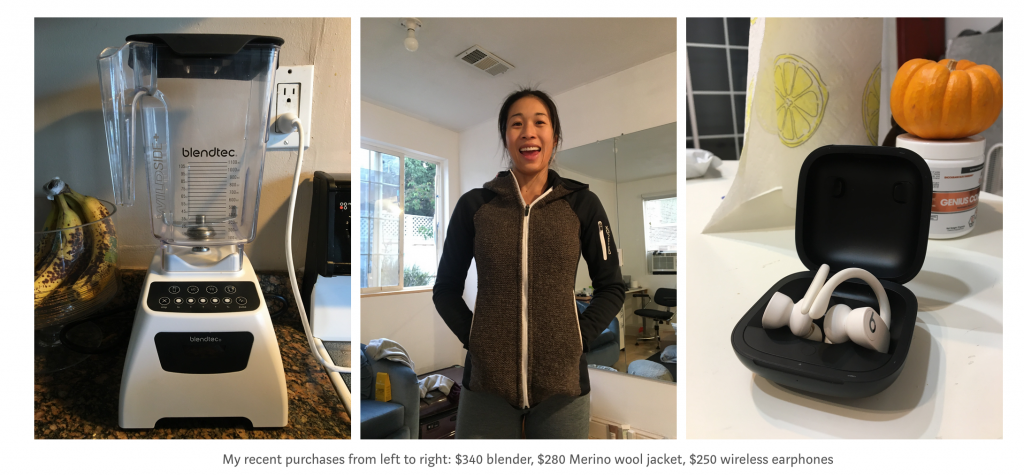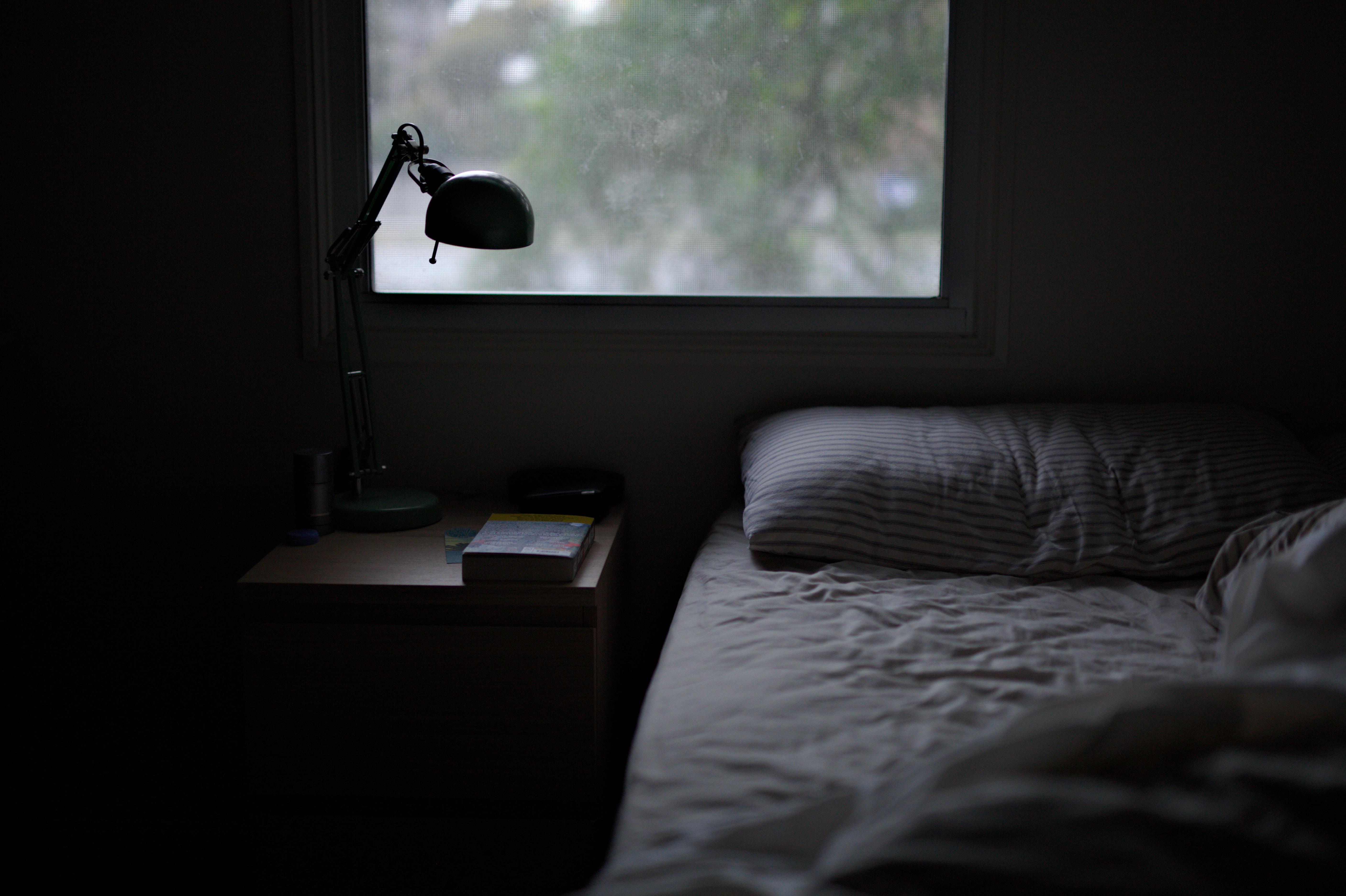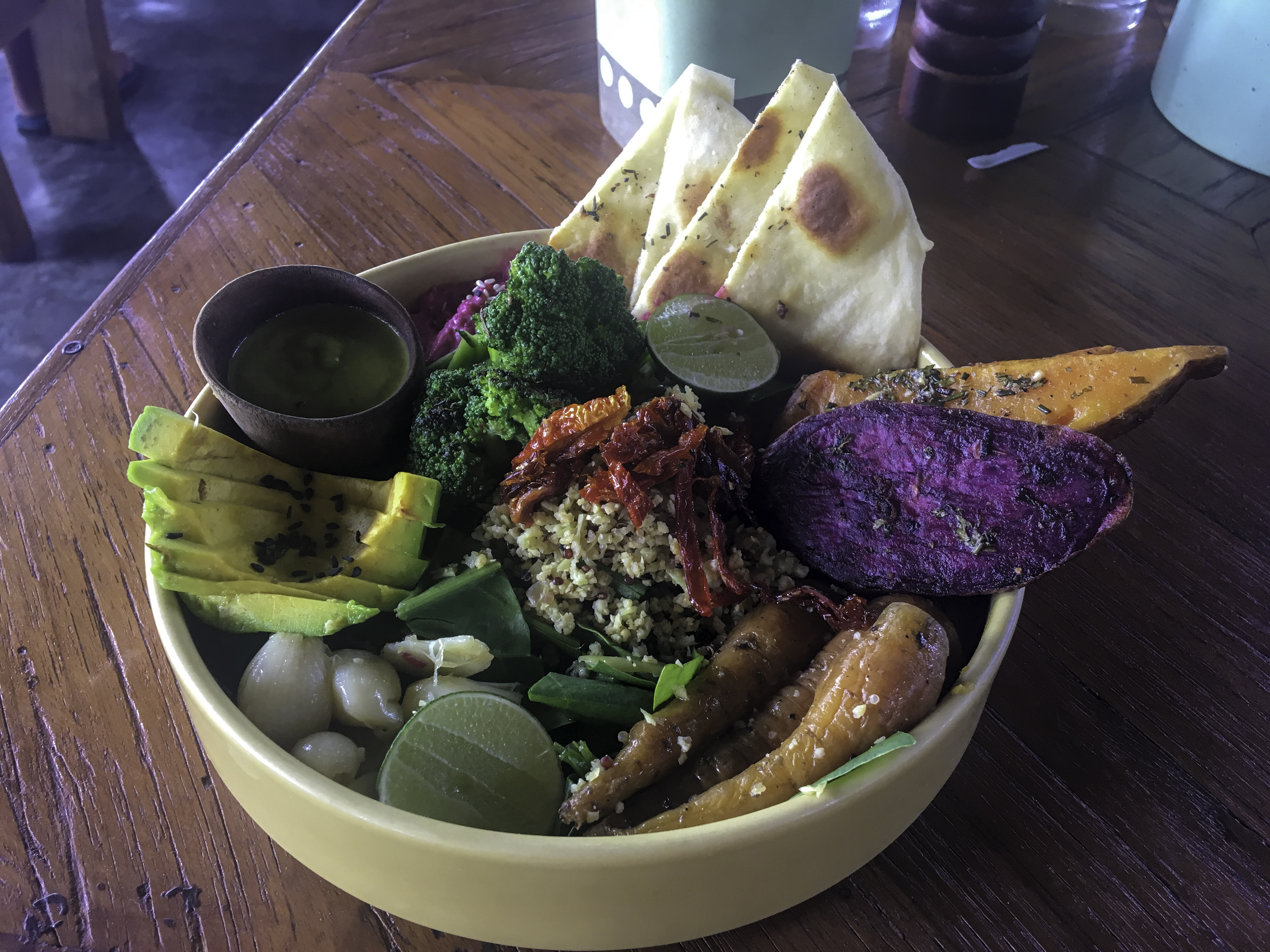
Who cares how much it cost!
Every time I buy something new — a jacket, a pair of knives, a brand of cereal I haven’t yet tried — and bring it up in a conversation, I get asked 99% of the time: how much does it cost?
I understand it’s a simple question, not intended to dig into someone’s business nor to judge someone’s wealth (and where they choose to spend that wealth). Most likely people ask it’s because they’re considering about buying it too. Either because they like it or they need it or they really want it.
But, what if they’re not interested in buying it?
What if they ask solely because they’re curious?
What if, every time you buy something that’s different from your ordinary day, they ask, “how much does it cost?”
I don’t know about you, but I would often get heated up from those who unintentionally but frequently abuse this question.
Why does it even matter how much it cost??
If you really like something or you believe that it could dramatically change your life for the better — be it your mood, your time, your performance, your mindset — why should you allow price to stand in your way? Wouldn’t it be counterintuitive and harmful to your happiness to allow price to determine the quality of life you (will) live?
Of course, some of you might be saying, hey, I have a budget. I don’t have all the privileges that the wealthy have to go buy whatever I want, whenever I want. I still got house bills and rent to pay, kids to feed. There’s just no way for me to afford the best.
And you know, that’s completely reasonable. But do understand this: You don’t need to be insanely rich to own a higher quality life or to be happy. Studies have shown that the difference in happiness between people with incomes of $50,000 and $75,000 is much larger than between people with incomes of $75,000 and $100,000.
That is to say, if you cut expenses somewhere that’s not as important (ex. brand name medications; you can buy non-brand medications with the exact same active ingredients but at a fraction of the price), you can afford the better, or best, quality of whatever it is that you need or want most. And thus, feel wealthy even though financially you aren’t.
To give you an example of what I mean, let me sketch you a small portrait of my life. Right now, I’m making a little less than minimum wage (I’m my own boss). I cut back on eating out and buying milk tea (my version of coffee), saving myself hundreds of dollars a month. It’s quite a lot of money (to me). What I usually spend my money on is something I’ve been meaning to buy that I know will improve my life or an upgrade of something I use on a daily basis.

Even though what I buy is more expensive than what the average person would pay for, that would probably trigger a why-would-you-pay-that-much response from conservative folks like my parents, I feel great about my purchase. I feel content about what I have in life. I don’t think there has ever been a moment, at least of this year, that I have regretted a purchase.
And that’s because what matters most to me isn’t how much I’m saving or how much I own but rather what the purchase offers me. If it does the very role it was designed for and could resist against years of wear and tear, maybe even boost my mood every time I use it, then hell yeah, it’s worth every penny.
If only people realize, money is a tool. Money was meant and created for us by us to invest in ourselves and our happiness. It wasn’t meant for us to squander it away on useless stuff or to stock up without a purpose (other than to buy a house), or to negotiate for a lower quality of life. No. That’s not a life worth living.
If there’s anything we should understand about money and happiness, it should be this: how you spend your money is much more impactful to your happiness than how much money you actually have. Likewise, asking ourselves (before we make a purchase), “how will it help me?” will give us a better idea of what we actually want or need that’s worth paying for than simply asking, “how much does it cost?”.


